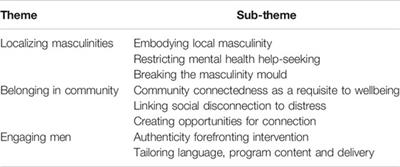The toxicity in toxic masculinity
Toxic masculinity, is, unfortunately, a term we’ve all come across. The concept has been around for a while, but now it is discussed pretty much everywhere. And for good reason.
Toxic masculinity is essentially a ‘macho’ and ‘red-blooded’ culture where men are expected to be tough and carry typical ‘masculine’ characteristics. Researchers defined toxic masculinity by behaviours and beliefs in part as:
• Suppressing emotions or masking distress
• Maintaining an appearance of toughness
• Violence as an indicator of power (e.g., tough-guy behaviour)
In simple terms, toxic masculinity is the result of decades, perhaps centuries, of society teaching boys that they can’t and shouldn’t express emotion openly and that if they do, then they are weak and ‘feminine’. These boys then internalise these feelings and grow into men who have been taught that they can’t be anything less than ‘masculine’.
According to the American Psychological Association, these norms integrated into our culture has been linked to aggression and violence, resulting in men at “disproportionate risk for school discipline, academic challenges, and health disparities,” including cardiovascular problems, substance abuse, and suicide.
As well as toxic masculinity, there is also a massive stigma around mental health that is in the process of being deconstructed. Due to mass conversation on social media around the world, more and more of us are understanding the importance of mental health and being able to open up, although there is a long way to go. So, let’s do the same with toxic masculinity.
Toxic masculinity is a barrier to mental health treatment
Sadly, men who have internalised traditional views of masculinity are not only less likely to go to see their doctor, but they are also less likely to be honest about their health history and symptoms








 )
)

